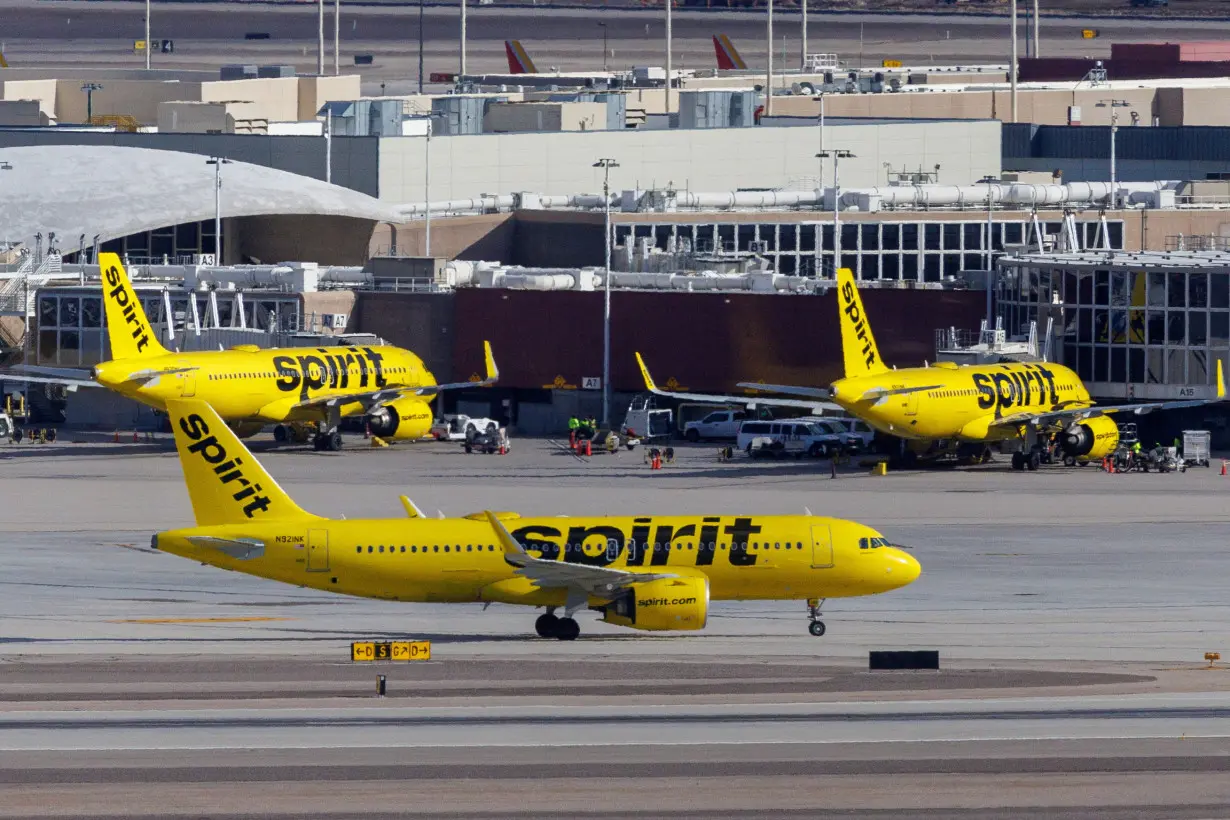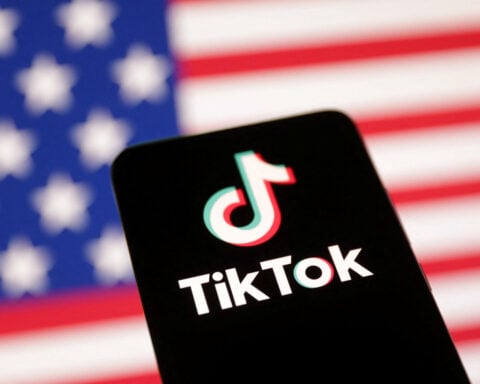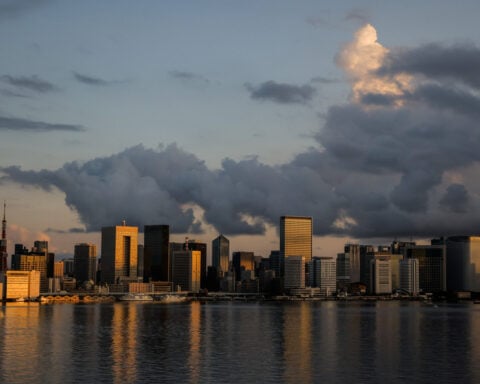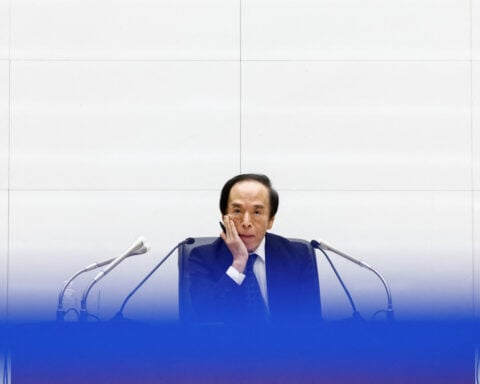By Allison Lampert and Rajesh Kumar Singh
(Reuters) - Some pilots at Spirit Airlines are worried and scouring for other opportunities after a U.S. judge last month blocked the low-cost air carrier's proposed merger with competitor JetBlue Airways, throwing its future into doubt.
Spirit pilots, recruiters and industry sources told Reuters that the ruling has led to increased job applications at other places of employment. Spirit Chief Financial Officer Scott Haralson last week said the company was looking into "right sizing" its labor costs, adding to the uneasiness.
A Spirit spokesperson said attrition levels are not out of the ordinary and pilot resignations this year have trended below its forecast for 2024.
"We remain confident about Spirit's future and are committed to the well-being of our team members," the spokesperson said.
The ultra-low-cost carrier has struggled to return to sustainable profitability due to softer demand in core markets and the grounding of dozens of its aircraft due to a snag with RTX's Pratt & Whitney Geared Turbofan engines.
Analysts are not sure about Spirit's ability to survive if the $3.8 billion merger deal remains blocked. Some analysts have suggested that the company could face bankruptcy if it cannot shore up its finances, and S&P Global, Moody's and Fitch all downgraded the airline's credit ratings after the ruling, citing higher default and refinancing risks.
STRESS, WORRY SET IN
"It's very stressful," said one Spirit pilot with more than five years of experience who has applied for jobs at Delta Air Lines, United and American Airlines. Another Spirit pilot said he's spoken to numerous colleagues who are looking for other opportunities. The pilots spoke on the condition of anonymity.
Spirit's pilot union declined to comment.
Job applications at United from Spirit pilots have increased since the court decision, two industry sources told Reuters. United, which plans to hire 2,000 pilots in 2024, down from 2,350 in 2023, in a statement said it has "a strong applicant pool."
The job market for pilots has cooled after a two-year boom. Hiring has slowed for five straight months, data from Future & Active Pilot Advisors show, as major carriers have mostly caught up with staffing needs. Hiring in January was down 18% from a year ago.
Flying for United, Delta or American Airlines is seen as an upgrade for pilots at regional and budget carriers like Spirit, but the rise in interest reflects growing worry about Spirit's future.
"With a seniority-based system you don't normally move between companies and only in times of failure or real hardship would you even consider it," said Kit Darby, a U.S. aviation consultant who specializes in pilot career development.
Darby said he has recently spoken to half a dozen Spirit pilots seeking new jobs or career advice.
An exodus of pilots could hurt Spirit's operations but also reduce costs. The airline had about 3,500 pilots at the end of 2023.
Spirit last week dismissed speculation about its future as a "misguided narrative," saying it has boosted liquidity to survive even if the merger fails to close.
The Florida-based airline has cut its capacity growth plans. Spirit late last year slowed pilot hiring and promotions to the captain's chair. It also suspended training for new pilots and flight attendants and offered voluntary time off for cabin crew members.
Spirit last week said it was working on solutions for its labor costs as it has "a lot of staffing" across the board. A spokesperson declined to provide more details.
Those comments left pilots with more questions. One said he was not sure how Spirit would resolve over-staffing, saying he hoped enough pilots would leave voluntarily to avoid potential furloughs.
(Reporting By Allison Lampert in Montreal and Rajesh Kumar Singh in Chicago; Editing by Mark Porter)

 Michigan Gov. Gretchen Whitmer, a potential 2028 candidate, wants to find common ground with Trump
Michigan Gov. Gretchen Whitmer, a potential 2028 candidate, wants to find common ground with Trump
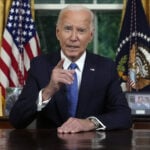 Biden promised to turn the page on Trump. Now he's being replaced by him
Biden promised to turn the page on Trump. Now he's being replaced by him
 Firefighters prepare for increasing gusts following brief reprieve for LA area
Firefighters prepare for increasing gusts following brief reprieve for LA area
 Nippon Steel wants to work with Trump administration on US Steel deal, Mori tells WSJ
Nippon Steel wants to work with Trump administration on US Steel deal, Mori tells WSJ
 After cable damage, Taiwan to step up surveillance of flag of convenience ships
After cable damage, Taiwan to step up surveillance of flag of convenience ships
 BOJ will raise rates if economy, price conditions continue to improve, Ueda says
BOJ will raise rates if economy, price conditions continue to improve, Ueda says
 Manatees congregate in warm waters near power plants as US winter storms graze Florida
Manatees congregate in warm waters near power plants as US winter storms graze Florida
 AAPI adults prioritize immigration, but split on mass deportations: AP-NORC/AAPI Data poll
AAPI adults prioritize immigration, but split on mass deportations: AP-NORC/AAPI Data poll
 As Los Angeles burns, Hollywood's Oscar season turns into a pledge drive
As Los Angeles burns, Hollywood's Oscar season turns into a pledge drive
 As fires ravage Los Angeles, Tiger Woods isn't sure what will happen with Riviera tournament
As fires ravage Los Angeles, Tiger Woods isn't sure what will happen with Riviera tournament
 Antetokounmpo gets 50th career triple-double as Bucks win 130-115 to end Kings' 7-game win streak
Antetokounmpo gets 50th career triple-double as Bucks win 130-115 to end Kings' 7-game win streak
